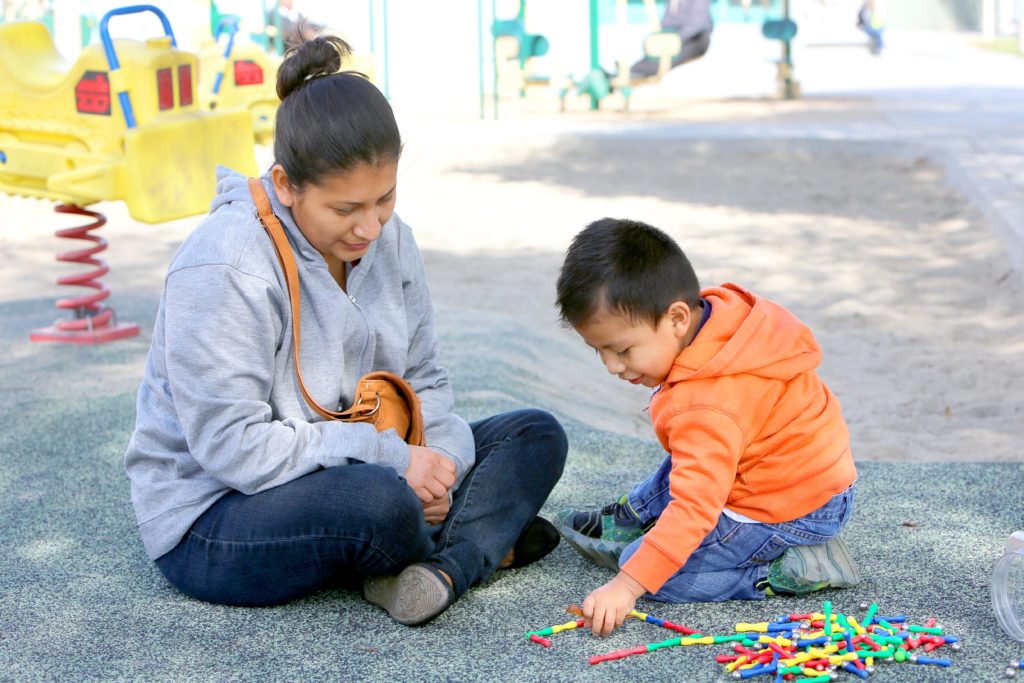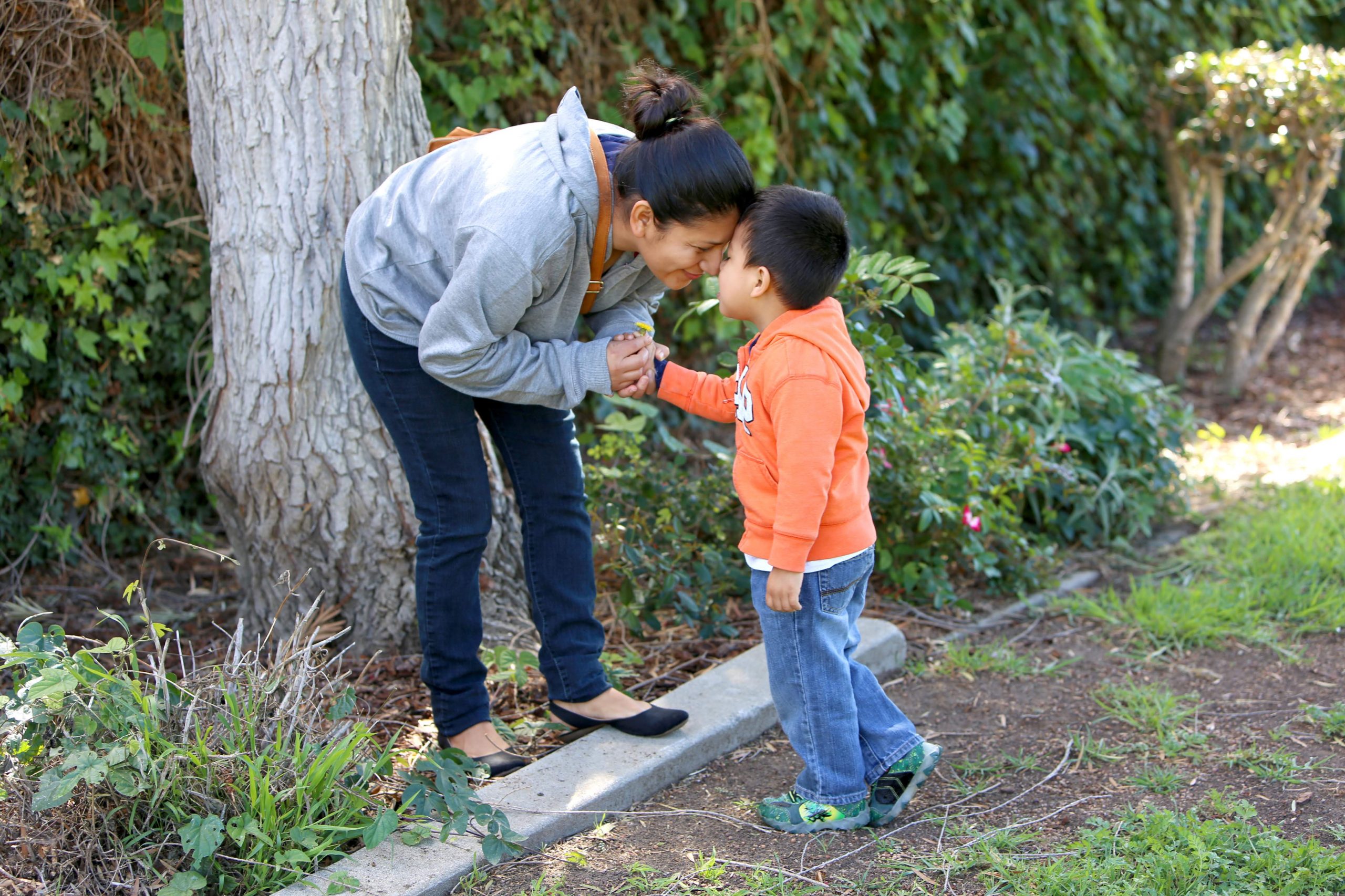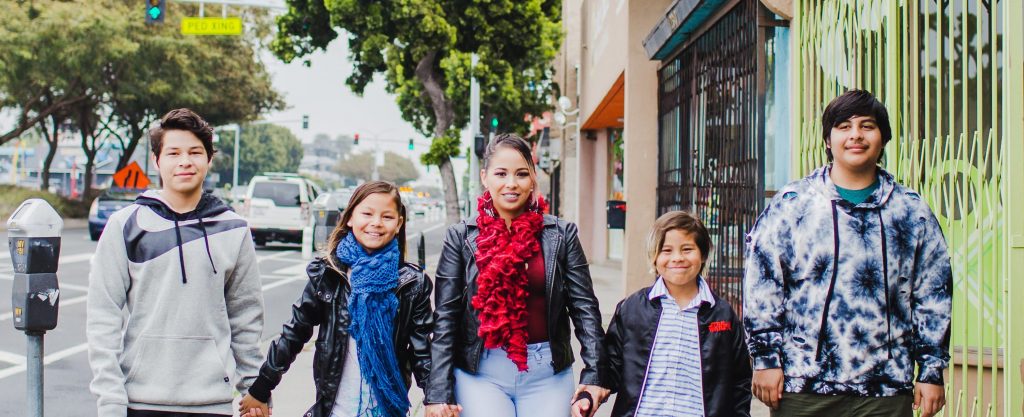His parents, Delmi and Rudy, had enrolled the family in Allies’ home-based Early Head Start (EHS) program, where once a week, a home educator would turn their living room, backyard, or wherever they were learning that day into a classroom. As the family’s teacher and main source of support, Yanira would bring learning games for Abraham plus tools and lessons for Delmi and Rudy to help support Abraham’s growth. Her first task, though, was to assess Abraham’s development to make sure he was on track.
Without regular screenings, roughly 70% percent of children who are struggling developmentally will not be identified before age 5. Early intervention for these children is critical; by age 17, one in six children across the country will have one or more developmental disability. In Yanira’s assessment of Abraham, she found he was struggling with gross motor development – he couldn’t pull himself up to stand like other kids his age. Left unaddressed, the delay could prevent him from being able to navigate his environment and develop other lifelong skills. She suggested Allies’ Disabilities Coordinator evaluate him to determine whether he’d need extra services to support his growth.






